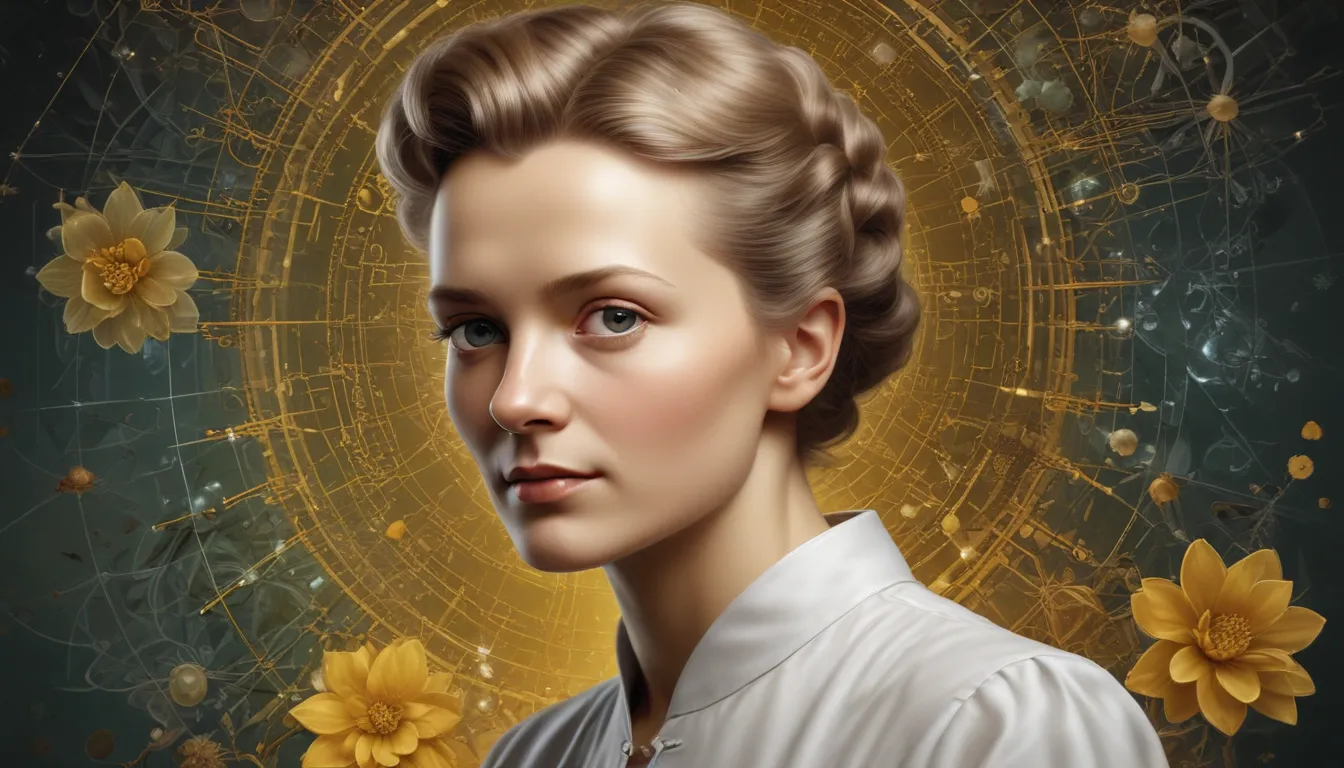The images in our articles may not match the content exactly. They are used to grab your attention, not to show the exact details in the text. The images complement the text but do not replace it.
Marie Curie, a name synonymous with groundbreaking scientific discoveries and unwavering determination. Despite facing challenges in a time where educational opportunities for women were limited, Marie Curie’s relentless pursuit of knowledge paved the way for revolutionary advancements in the field of science. From her groundbreaking research on radioactivity to her trailblazing achievements, Marie Curie’s legacy remains an inspiration to countless individuals worldwide. Let’s delve deeper into the fascinating world of Marie Curie with a comprehensive exploration of her life and accomplishments.
Early Life and Family Background
Marie Curie, born Maria Sklodowska to Wladyslaw and Bronislawa Slodowska, entered the world on November 07, 1867, in Poland. Growing up amidst political turmoil and educational restrictions, Marie faced challenges in pursuing her passion for science. With four older siblings, including three sisters and one brother, Marie was instilled with a sense of perseverance and resilience from a young age.
Struggles for Education and Pursuit of Knowledge
Marie Curie’s quest for education was fraught with obstacles, particularly due to the limited opportunities for women in Poland. The prevailing societal norms and educational restrictions propelled Marie to seek unconventional paths to pursue her academic interests. Despite the hurdles, Marie’s determination led her to Paris, France, where she embarked on a journey of self-discovery and academic exploration.
Unraveling the Enigma of Radioactivity
One of the most defining aspects of Marie Curie’s scientific career was her pioneering research on radioactivity. Teaming up with her husband, Pierre Curie, Marie embarked on a journey that would revolutionize our understanding of atomic structures and energy. Together, they published seminal research papers and discovered two new elements: polonium and radium, shaping the course of modern science.
Trailblazing Achievements and Nobel Prizes
Marie Curie’s unwavering dedication and groundbreaking contributions to science earned her numerous accolades, including two Nobel Prizes. In 1903, she made history as the first woman to receive a Nobel Prize in Physics, alongside her husband and Henri Becquerel. Subsequently, she clinched her second Nobel Prize in Chemistry in 1911, solidifying her status as a trailblazer in the scientific community.
Legacy and Enduring Impact
Marie Curie’s legacy transcends her scientific achievements, encompassing her profound influence on future generations of researchers and scientists. From her pioneering work in battlefield medicine during World War I to her establishment of the Radium Institute in Paris, Marie’s impact on the scientific landscape continues to resonate today. Her daughter, Irene Curie, carried on her legacy, further cementing the Curie family’s contributions to science.
A Remarkable Journey Fueled by Courage and Curiosity
As we reflect on the life of Marie Curie, we are reminded of her indomitable spirit, unyielding courage, and insatiable curiosity. Her relentless pursuit of knowledge and unwavering commitment to scientific exploration serve as a beacon of inspiration for aspiring scientists and enthusiasts worldwide. Marie Curie’s story is a testament to the transformative power of perseverance, passion, and dedication in shaping the course of history.
In conclusion, Marie Curie’s remarkable legacy stands as a testament to the transformative power of scientific inquiry, perseverance, and innovation. Her groundbreaking discoveries and unwavering dedication to the pursuit of knowledge have left an indelible mark on the annals of scientific history. As we celebrate the life and achievements of Marie Curie, let us draw inspiration from her enduring legacy and strive to push the boundaries of knowledge and discovery in our own pursuits.






